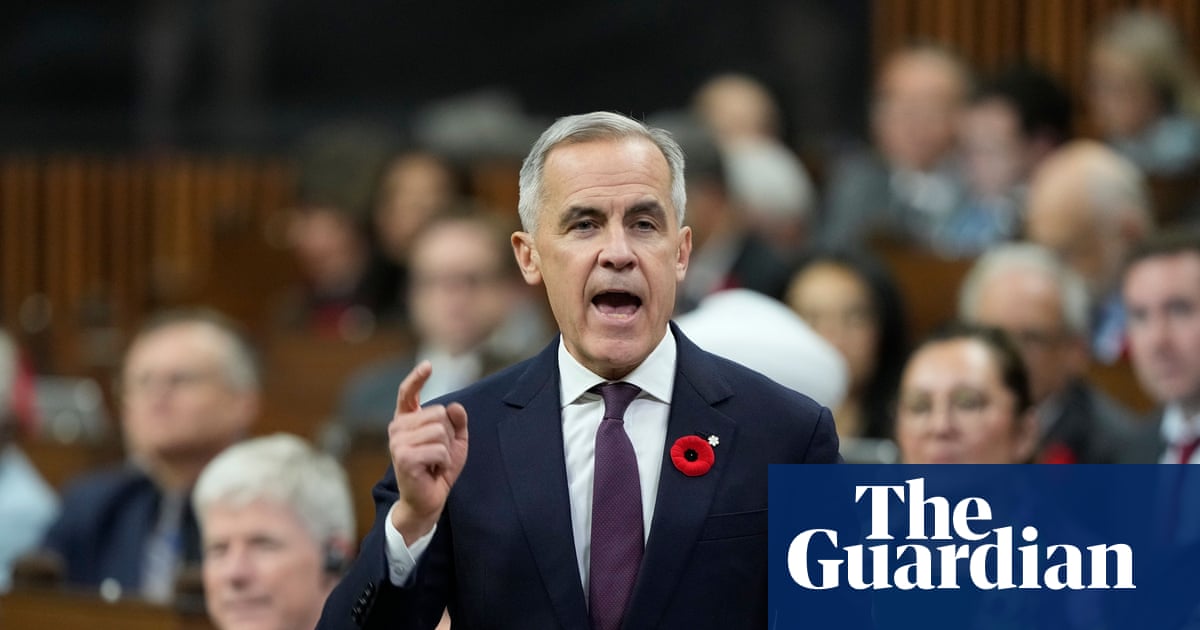Today, Australia has found itself on the wrong side of history.
The International Court of Justice has handed down a landmark ruling in the most significant climate decision ever issued by a court. As a barrister representing Solomon Islands in the case, I was in the courtroom to hear the judges reshape the global fight for climate justice.
The world’s top court resoundingly rejected conservative arguments made by Australia and other high-emitting countries such as the United States, China and Saudi Arabia seeking to justify continued fossil fuel extraction. Instead, the court made a slew of progressive statements – ones that will have far-reaching implications.
Under international law, countries are now bound to rapidly reduce their emissions below 1.5 degrees of warming. Failure to do so could result in developed countries like Australia having to pay monetary compensation to developing countries or being required to rebuild infrastructure and restore ecosystems damaged by climate change. This means we could be entering a new era of climate reparations.
This is a watershed moment in the global environmental movement. In a breakthrough for climate campaigners, the court specifically targeted the fossil fuel industry in its ruling and held that countries failing to take action to protect the environment from greenhouse gases – including from fossil fuel production, consumption, exploration licences or subsidies – may commit an “internationally wrongful act.” With today’s decision, that can now be punished under international law.
So what implications does this have for Australia? Australia is looking to host COP31 next year and stands on the brink of releasing its updated 2035 emissions reduction target in coming months. As it does so, it may have to change its legislation and policies to rapidly curb the emissions of companies in its jurisdiction.
First, the ruling puts pressure on the Albanese government to increase its ambitions for emissions reduction. The court made clear that countries must set goals under the Paris agreement which align with the 1.5C temperature target. Climate Action Tracker has found that for Australia to carry its fair share of the global emissions reduction burden, it should reduce its emissions by 76% by 2035 against a 2005 baseline.
This aligns with the upper range of possible targets identified by the Climate Change Authority, which has suggested an emissions target between 65% and 75% by 2035. In light of the ICJ decision, a failure to set a target close to 75% is likely to come under legal or political challenge by other countries and domestic campaigners.
Second, to comply with its international obligations, Australia will have to curb its production and use of fossil fuels. Despite its tough talk on climate change, the Albanese government has continued to approve coal, oil and gas projects at an alarming rate. In recent months the government has approved the extension of Woodside’s controversial North West Shelf development, a massive gas project which will operate to 2070 and emit an enormous 87.9m tonnes of carbon dioxide equivalent each year.
If Australia secures the hosting rights to COP31 it will come under intense pressure from its neighbours in the Pacific to live up to its rhetoric and rapidly transition away from fossil fuels.
Third, and most importantly, today’s ruling means that Australia could pay climate reparations in the future. Developing countries may bring claims against Australia seeking damages. As a high-emitting developed country and one of the largest exporters of coal, oil and gas in the world, Australia has both the historical responsibility for climate change and the means to pay other nations for compensation and restitution.
While the scale of any reparations will depend on the amount of damage suffered by the country bringing the claim, the breadth of climate change impacts mean that Australia and other countries could be faced with very high-value cases.
Money is a strong motivator. The world court’s decision today means that the threat of reparations can now be used to compel action from the worst, most stubborn climate offenders – Australia included. That is transformative for climate lawyers, giving us a powerful tool to pressure governments and corporations to acknowledge the realities of our warming planet.
But it is a victory for everyone – a clear statement that the status quo isn’t sufficient. We must act now to confront the climate crisis. And in a moment when hope feels hard to come by, that’s very good news indeed.

 3 months ago
110
3 months ago
110

















































